Special sessions
In addition to submissions about general LION themes, we also welcome submissions related to one of our special sessions. The special sessions will be part of the regular conference and are subject to the same peer-review as all other submissions.
Special session 1: DATA-DRIVEN OPTIMIZATION WITH BUSINESS PROCESS MINING
Organizer: Om Prakash Vyas1, Jerome Geyer-Klingeberg2
1Indian Institute of Information Technology, Allahabad , India; 2Celonis, Munich, Germany
Abstract: Process Mining, positioned at the interface between Process Science and Data Science, combines event data with process models and intends to gain insights, identify bottlenecks, predict problems, and optimize organizational processes. Process Mining, already being used for high-volume processes in large organizations, will soon become the ‘new normal’ for smaller organizations and processes with few cases as well.
Despite a huge surge in researching endeavours in Process Discovery, Conformance Checking, and Model Enhancement, positioning them as three verticals of Process Mining, there are a number of research challenges that need to be overcome to realize the vision of data driven optimization of business processes. The optimization paradigm in the process mining context is being explored at following levels:
- When it comes to creating process models, event logs generated by process-oriented information systems are treated as a critical resource. Conformance checking can be formulated as an optimization problem with the model and log repair. Thus, conformance checking corresponds to solving optimization problems that grow exponentially in the size of the model and the length of traces in the event log.
- Optimization metaheuristics have also been widely applied in the context of automated process discovery, with the goal of gradual discovery and advancement of process models to achieve a trade-off between accuracy and simplicity. The most notorious of these approaches are those based on evolutionary (genetic) algorithms. However, several other metaheuristics have been researched, such as Imperialist competition algorithms, swarm particle optimization, and simulated glow in this context. Also the recent advances in generative AI and OCPM (Object Centric Process Mining) is being considered worth exploring in this context.
- Data ingestion from diverse source systems is supported by AI, which allows to identify and customize structured and unstructured data from various sources. Thus, various optimization techniques can be used to improve the performance of the data transformation discovery techniques in the context of the synthesis of routine specifications.
With rapidly growing applications in this special session invites original unpublished research contributions that demonstrate current findings in the area of application of data science and optimization techniques for process mining, with special reference to algorithms for process discovery, conformance checking, and process model enhancement.
Special session 2: ADVANCES AND PERSPECTIVES IN BAYESIAN OPTIMIZATION
Organizer: Antonio Candelieri1
1University of Milano-Bicocca, Italy
Abstract: Bayesian Optimization (BO) is the most widely adopted learning-and-optimization framework in many real-life applications. The reason underlying its success is that BO is particularly well suited for solving black-box and expensive problems, quite common in crucial sectors such as chemical and material engineering, aerodynamic design, system control, and (Automated) Machine and Deep Learning. The increasing application of BO has required to address new and specific challenges, leading to extensions of the basic framework – aka vanilla BO – from the theoretical and the methodological perspectives. This Special Session will consider both application-driven and theoretical/methodological contributions addressing recent open-challenges and proposing advances and perspectives in BO, such as – but not restricted to: High-Dimensional BO, multi-task and multi-objective BO, multi-fidelity and multiple information sources BO, Safe and Fair BO, cost-aware BO, multiform BO, Transfer Learning for BO, non-Euclidean BO.
Special session 3: Learning and Intelligent Optimization for Physical Systems
Organizer: Konstantinos Chatzilygeroudis1, Michael Vrahatis1
1University of Patras, Greece
Abstract: Several critical challenges arise when operating with physical systems contrary to theoretical models, simulated environments, or static datasets. Firstly, reducing the up-time of experimenting with the systems is essential. Experimenting extensively on a physical system might lead to hardware failures that are expensive to replace. Secondly, the algorithm should never produce behaviors that might harm the humans around it or the system itself (e.g., we do not want to break a robot that costs 2M euros). Therefore, to develop effective Machine Learning or Intelligent Optimization methods on physical systems, one has to consider the above challenges during the process of designing the algorithms. Learning and data-driven methods can learn very complex models/controllers and improve over time which is useful when operating with physical systems. However, such methods require a prohibited amount of samples to work reliably, and providing formal guarantees on the obtained solutions is challenging. On the other hand, traditional mathematical optimization is more often used in physical systems since it can operate with no or little data and provide solid theoretical foundations, but it is not easy to make an algorithm that can improve the performance over time. This special session welcomes submissions on "Learning and Intelligent Optimization for Physical Systems", where the goal is to find novel methods that effectively combine data-driven/ML approaches with mathematical optimization to solve tasks on physical systems. Examples are robot learning for control, sensors, embedded systems/mobile phone algorithms, real-time systems/applications, and human-computer interaction.

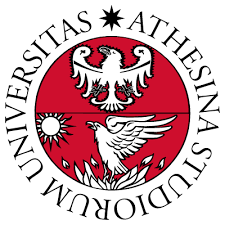
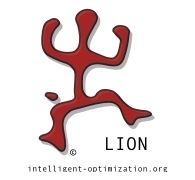


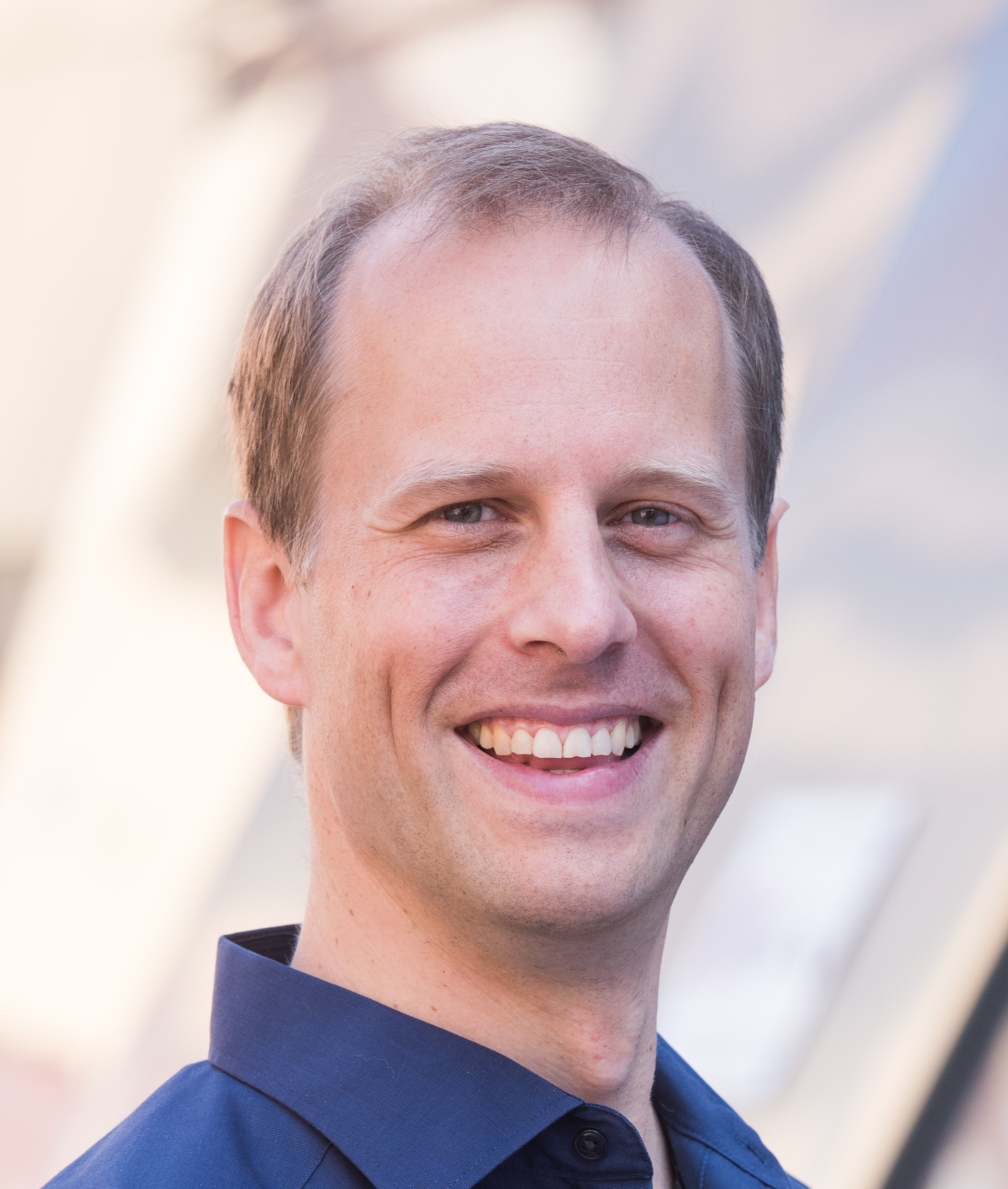
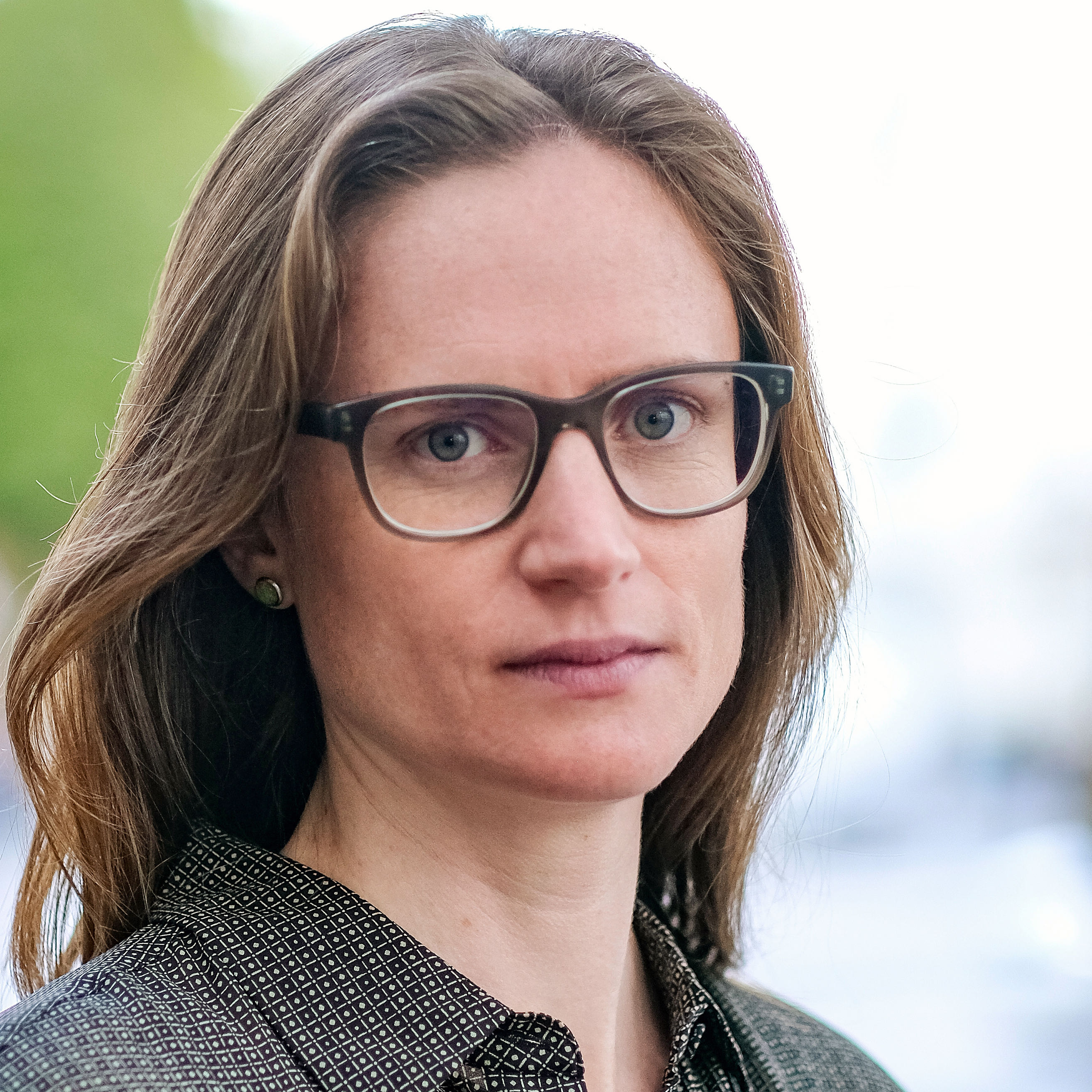


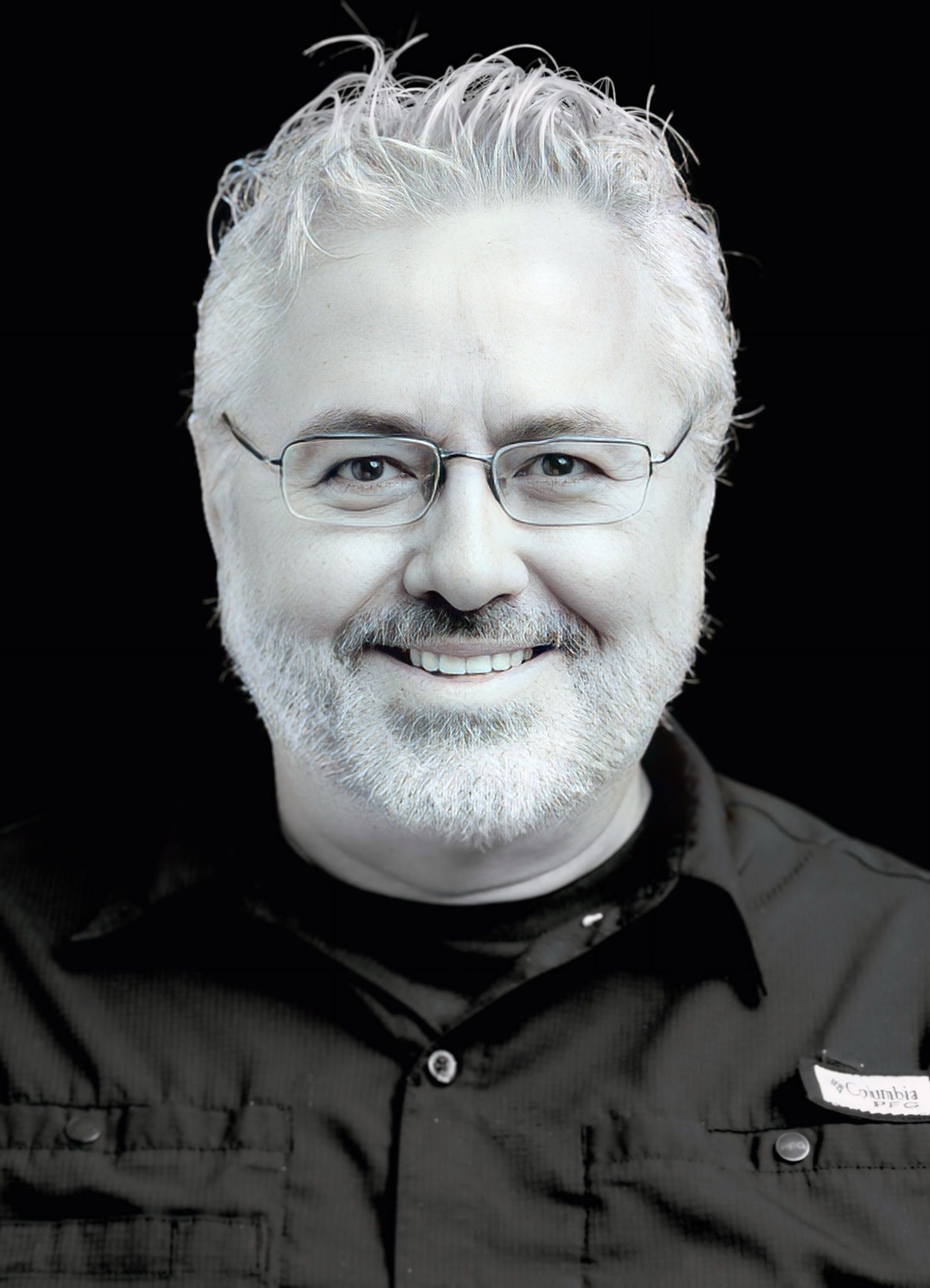
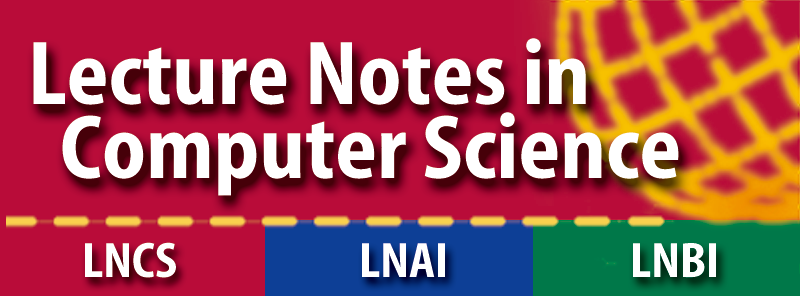


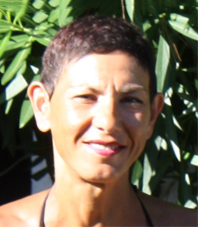 Paola Festa (University of Napoli “Federico II”, Italy)
Paola Festa (University of Napoli “Federico II”, Italy)
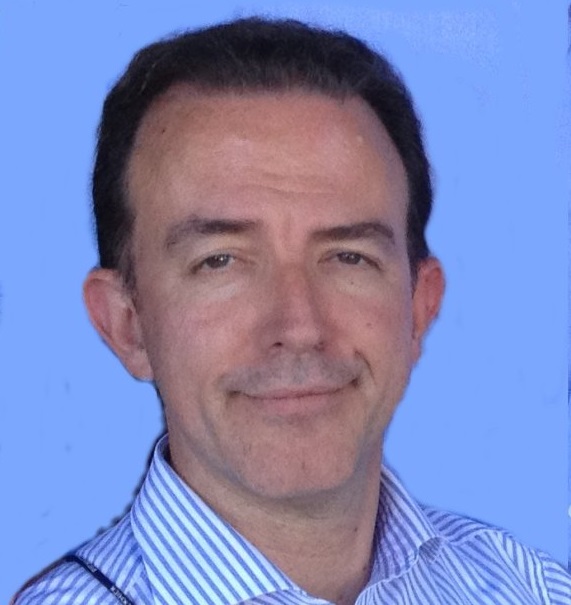 Roberto Battiti (University of Trento, Italy - Head of the Steering Committee)
Roberto Battiti (University of Trento, Italy - Head of the Steering Committee)
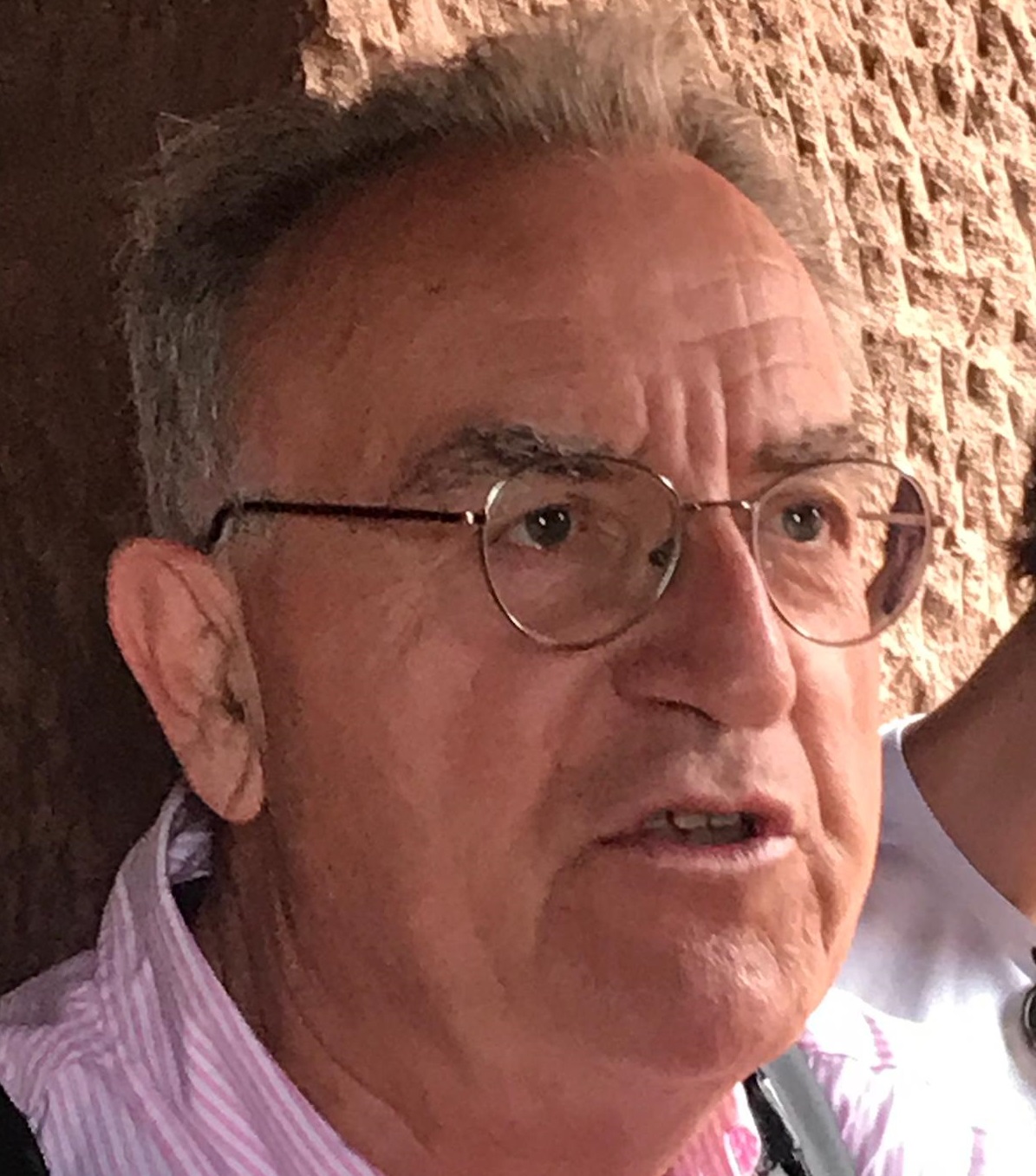 Francesco Archetti (Consorzio Milano Ricerche, Italy)
Francesco Archetti (Consorzio Milano Ricerche, Italy)
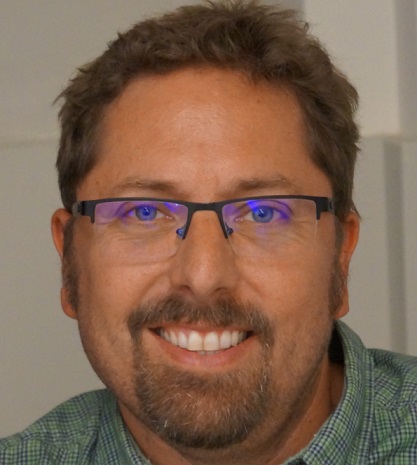 Christian Blum (Spanish National Research Council (CSIC), Spain)
Christian Blum (Spanish National Research Council (CSIC), Spain)
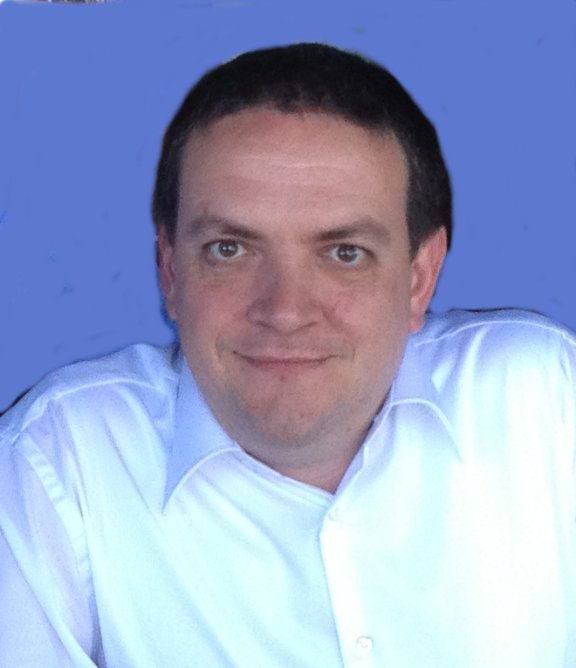 Mauro Brunato (University of Trento, Italy)
Mauro Brunato (University of Trento, Italy)
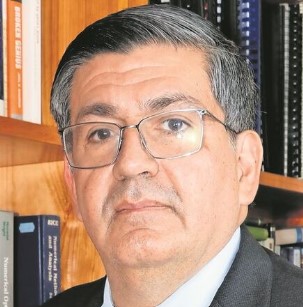 Carlos A. Coello-Coello (CINVESTAV-IPN, Mexico)
Carlos A. Coello-Coello (CINVESTAV-IPN, Mexico)
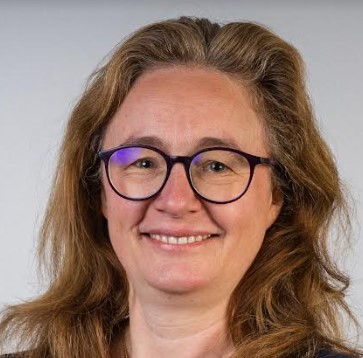 Clarisse Dhaenens (University of Lille, France)
Clarisse Dhaenens (University of Lille, France)
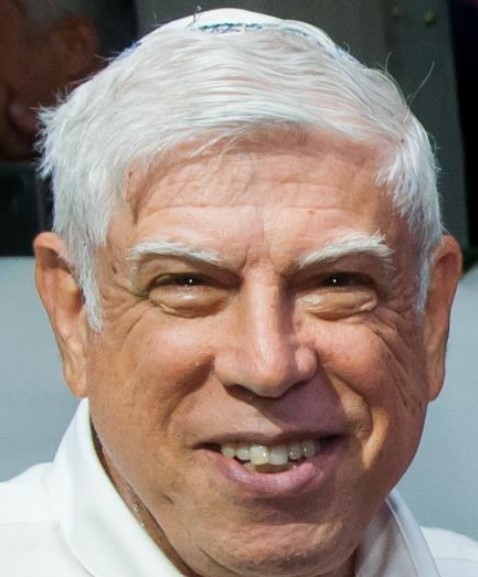 Martin Charles Golumbic (University of Haifa, Israel)
Martin Charles Golumbic (University of Haifa, Israel)
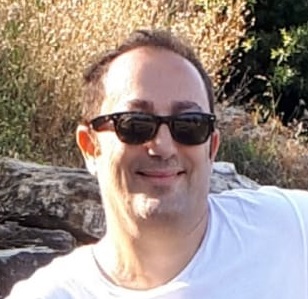 Youssef Hamadi (Tempero Tech, France)
Youssef Hamadi (Tempero Tech, France)
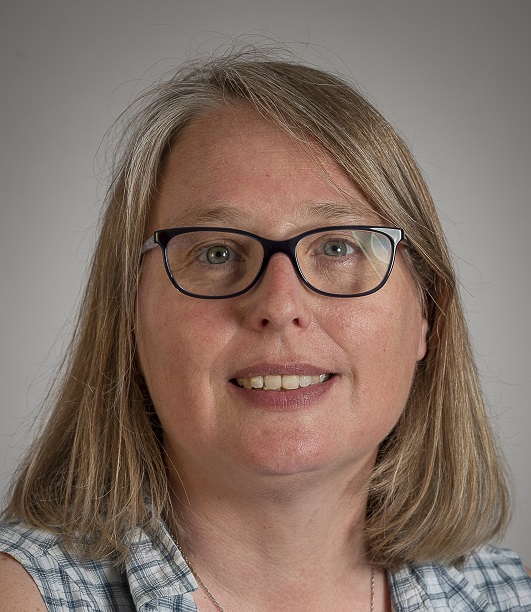 Laetitia Jourdan (University of Lille, France)
Laetitia Jourdan (University of Lille, France)
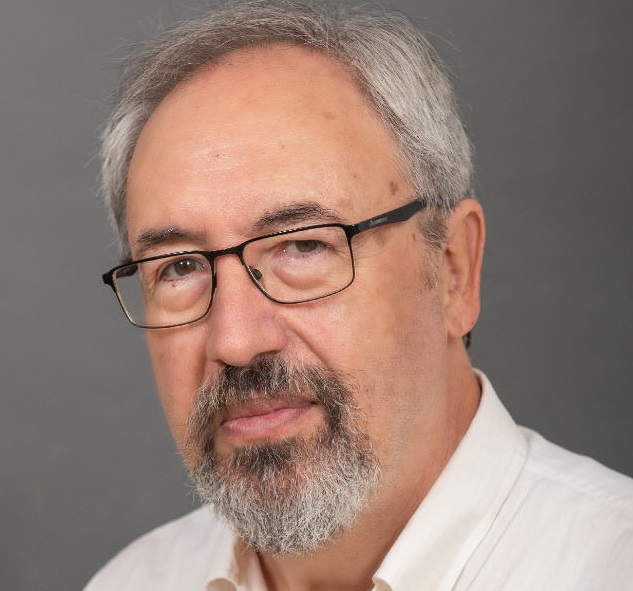 Nikolaos Matsatsinis (Technical University of Crete, Greece)
Nikolaos Matsatsinis (Technical University of Crete, Greece)
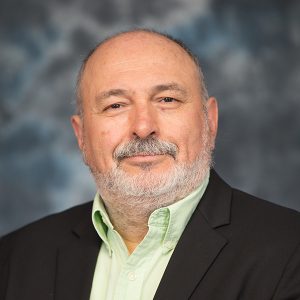 Panos Pardalos (University of Florida, USA)
Panos Pardalos (University of Florida, USA)
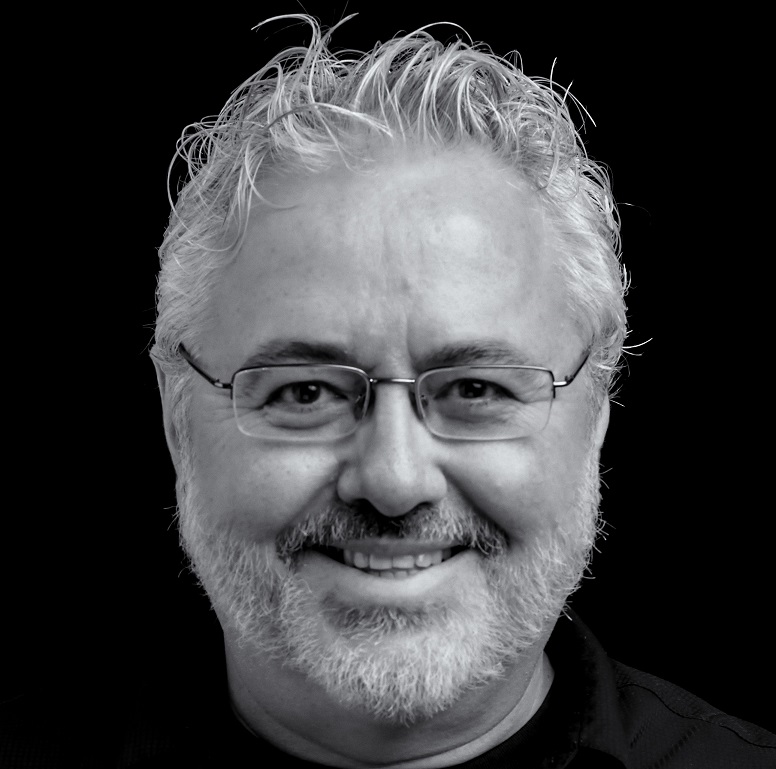 Mauricio Resende (University of Washington, USA)
Mauricio Resende (University of Washington, USA)
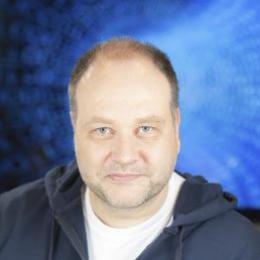 Meinolf Sellmann (InsideOpt, USA)
Meinolf Sellmann (InsideOpt, USA)
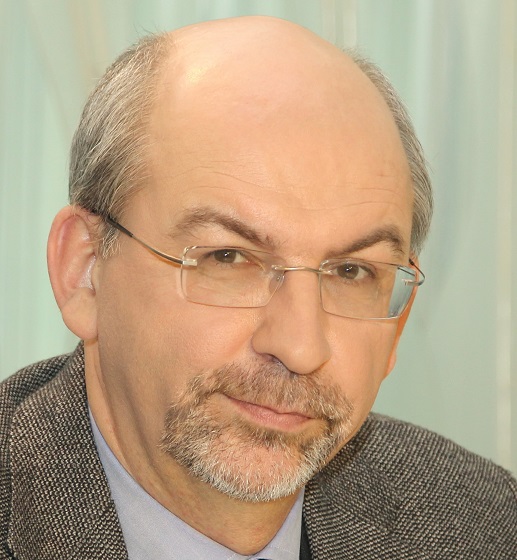 Yaroslav Sergeyev (University of Calabria, Italy)
Yaroslav Sergeyev (University of Calabria, Italy)
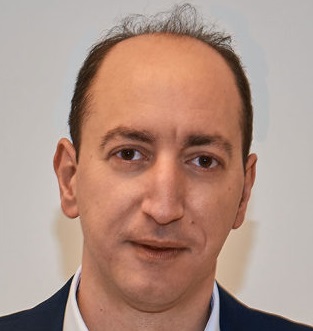 Dimitris Simos (SBA Research, Austria)
Dimitris Simos (SBA Research, Austria)
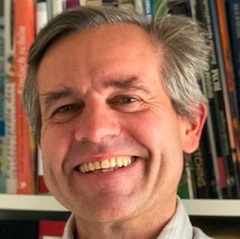 Thomas Stuetzle (University of Bruxelles, Belgium)
Thomas Stuetzle (University of Bruxelles, Belgium)
 Kevin Tierney (Bielefeld University, Germany)
Kevin Tierney (Bielefeld University, Germany)
